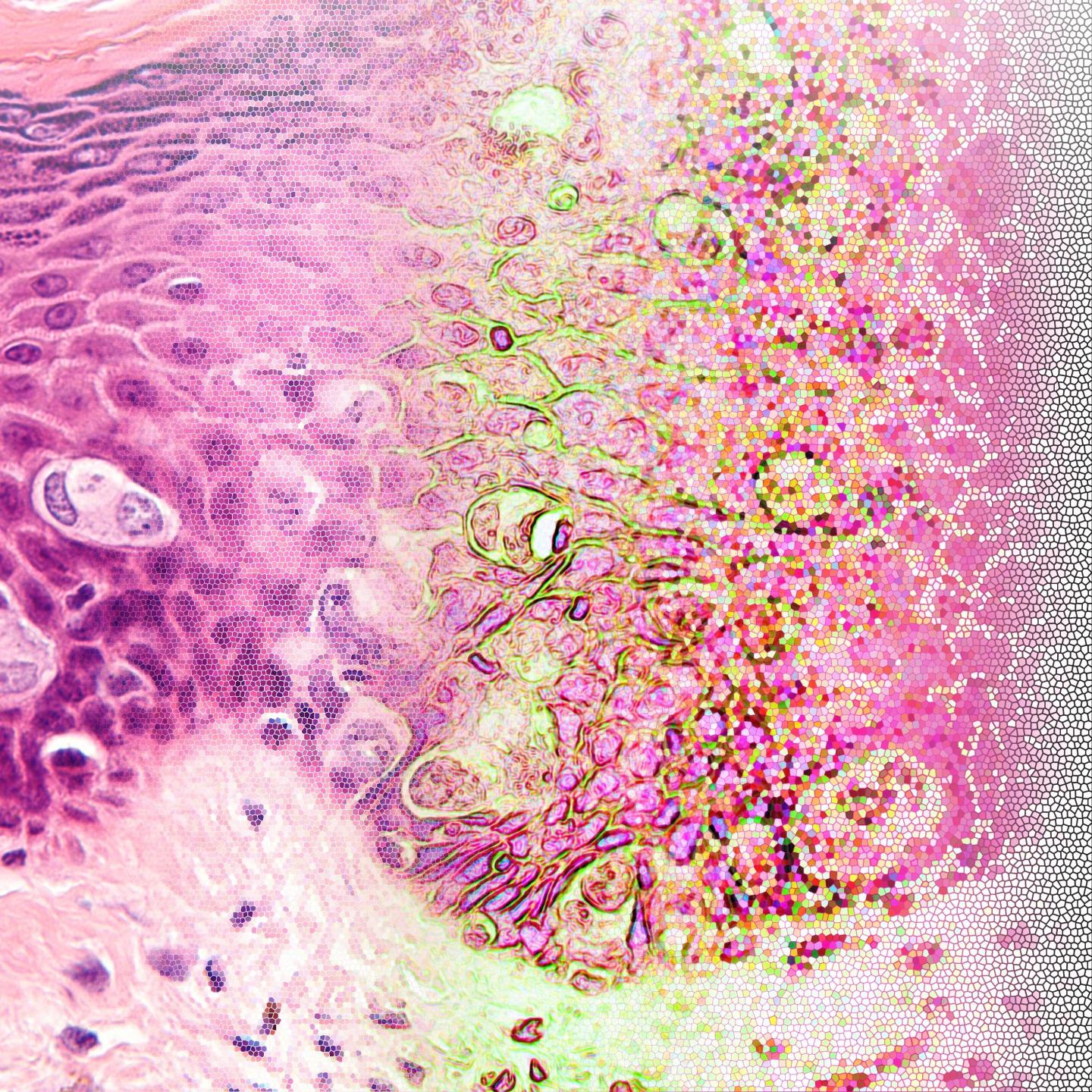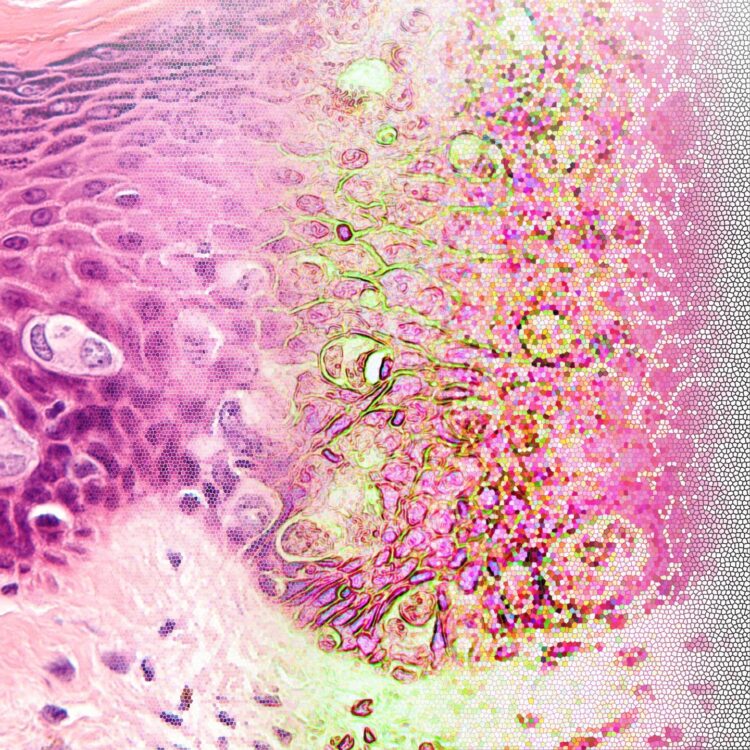Kickoff event launches large Charité-led project

Credit: Image: Zerbe/Charité
The EMPAIA project, which is led by Charité – Universitätsmedizin Berlin, has been crowned one of the winners of the AI Innovation Competition organized by the Federal Ministry for Economic Affairs and Energy (BMWi). The project, which will now enter its implementation stage, aims to build a platform for AI-assisted solutions within the field of diagnostic medical imaging. The consortium has been awarded a total of € 11.4 million over three years, of which € 4.6 million will go to Charité.
In an effort to provide patients with more personalized treatments, physicians are relying on increasingly complex clinical diagnostics. This development is seen in a range of disorders but is particularly pronounced in the diagnosis of cancer. The processes involved in evaluating imaging data (such as MRIs) and tissue sections are particularly time-consuming and complex. By speeding up image analysis, artificial intelligence-based methods can help deliver relevant information faster – such as whether a cancer has metastasized. “Artificial intelligence holds enormous potential; it has the capacity to revolutionize all areas of diagnostic medical imaging over the coming years,” says Prof. Dr. Peter Hufnagl of Charité’s Institute of Pathology. The coordinator of the EMPAIA Consortium (Ecosystem for Pathology Diagnostics with AI Assistance) adds: “This potential is almost impossible to realize at the moment because we lack both infrastructure and standards, as well as clarity regarding the relevant legal framework.”
For this reason, Prof. Hufnagl is working alongside the Distributed Artificial Intelligence (DAI) Laboratory at Technische Universität Berlin, the Fraunhofer Institute for Digital Medicine MEVIS, Vitasystems GmbH and Qualitätssicherungs-Initiative Pathologie QuIP GmbH to develop a platform which will make it easier for physicians to access approved and validated AI-based apps. The researchers want to enable users to compare how different programs solve a specific problem. At the same time, they want developers of AI-based algorithms to be able to access imaging data which they need in order to validate their software. In order to speed up the certification of diagnostic algorithms, the platform will also bring together developers, reference institutes and certification bodies. “The rules under which this marketplace operates will of course be guided by current data protection and medical devices legislation,” emphasizes Prof. Hufnagl. He adds: “By creating this marketplace within a clearly defined legal framework, we want to enable physicians to routinely use approved AI-based solutions within diagnostic imaging.” During the development process, the consortium plan to initially focus on the analysis of tissue sections before switching their focus to imaging data.
The EMPAIA Consortium will hold a kickoff meeting on Friday, 25 September, 10 AM to 5 PM. Media representatives are invited to attend this digital event. To register, please contact [email protected].
AI Innovation Competition
The aim of the BMWi’s innovation competition ‘Artificial Intelligence as a Driver of Economically Relevant Ecosystems’ is to promote outstanding approaches to new forms of AI-based platforms for important sectors within the German economy. The competition received more than 130 submissions from the areas of mobility, health care, industry, smart living, agriculture, trade and construction. Out of these, a total of 16 large-volume AI platform-based projects were selected for funding and implementation. The competition winners were announced in September 2019.
###
Media Contact
Prof. Dr. Peter Hufnagl
[email protected]
Original Source
https:/





